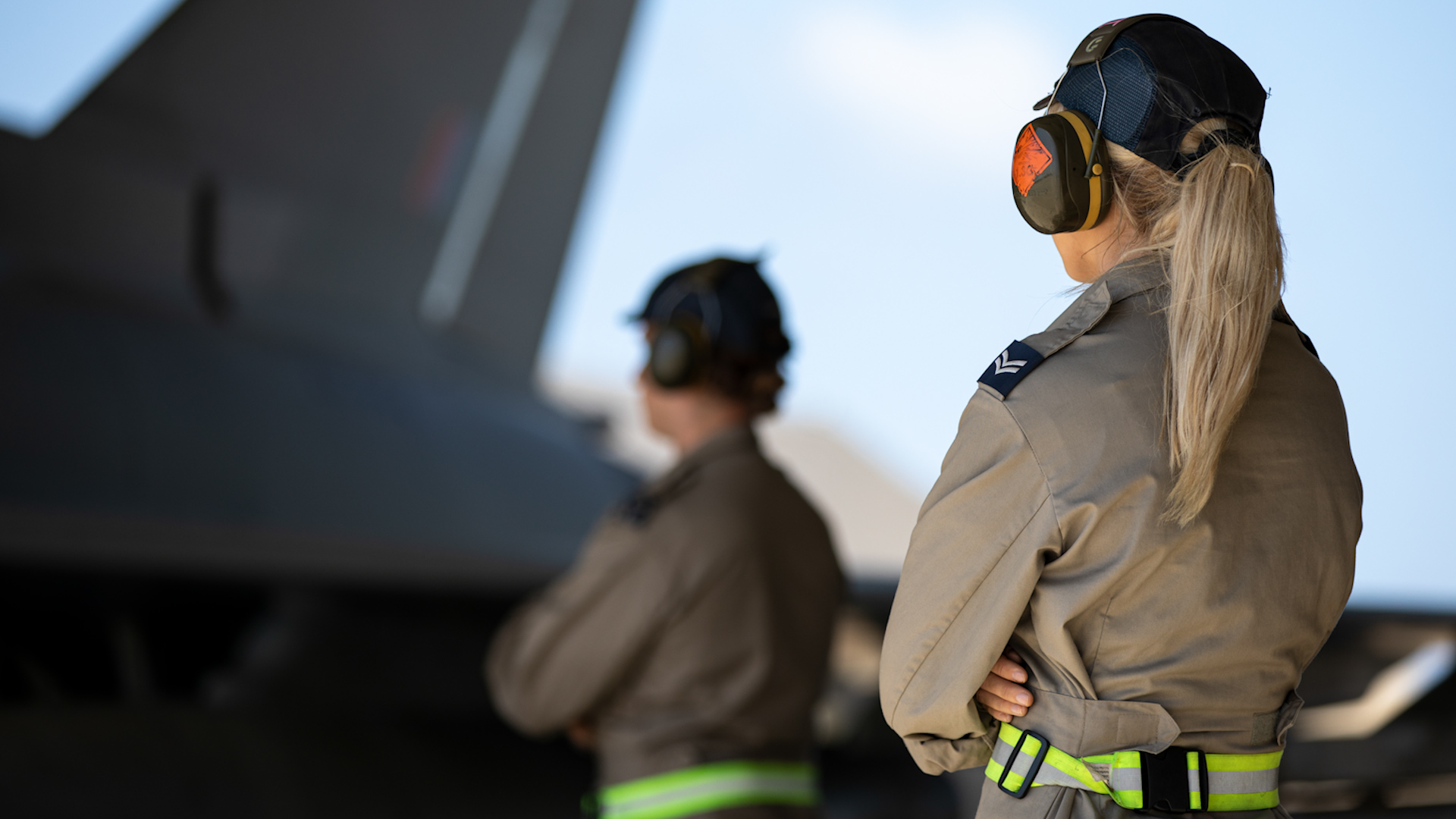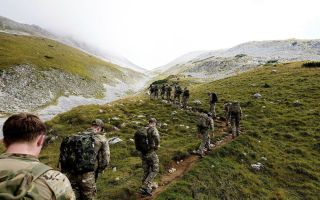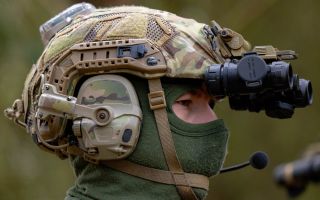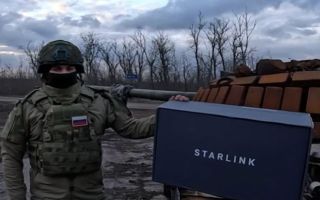
DEI: Divisive woke nonsense or mission-critical maximisation of key personnel?

The one thing that everyone seems to agree on is the importance of a meritocracy in the Armed Forces.
The best person for the job needs to be put into the role.
This seems controversial and yet it is often seen as an argument against (so-called) diversity, equity and inclusion (DEI) initiatives.
A level playing field?
After all, if you help people with certain characteristics with mentoring, support groups or whatever, then you are giving them a leg-up, aren't you? How can that be fair?
The problem, of course, is that this assumes a level playing field to start with.
This is a comforting line of thinking if you are part of the dominant group in an organisation or society and are, unwittingly perhaps, benefiting from that position.
If you are part of a dominant group, such as white heterosexual men in the Armed Forces, then you will probably not notice the invisible currents helping to sweep you along.
Why would you? The motion of you relative to them is zero. You don't feel them and so it is easy to assume that they don't exist.
The same is true for most of your peers and so you collectively compete to make progress within your own frame of reference. But what about those with a different frame of reference?
Each individual is unique. Given our individual circumstances and characteristics, we each have our own composition of headwinds, tailwinds and cross-winds that influence our progress in life.
Our different characteristics and backgrounds impact on how we catch these currents and how they affect us.
If you have the characteristics that I have described above, you may well assume that being a woman in the Armed Forces is broadly the same as being a man in the same position.
Perhaps not quite as good at press-ups and wearing a skirt in the mess, but otherwise we're all pretty much competing on a level-playing field. Right?
Showing some courage
Why wouldn't you think that? That's exactly what I thought until I sat down with a couple of the women under my command when I was serving on HMS Queen Elizabeth.
Showing quite some courage to really open up, they explained to me exactly what it was like to be a woman in the Armed Forces.
It opened my eyes to the headwinds they faced that I was simply unaware of and the tailwinds that I enjoyed that were not available to them.
I, frankly, had no idea.
What was clear to me though was that if we truly were to get the best people for the job, then we needed to ensure that our systems, organisations and, frankly, our behaviours towards each other, serve to create the same opportunities for everyone.
If you don’t know what I’m talking about, then please read House of Commons Defence Committee's report into Women in the Armed Forces.
The general themes are extensible to ethnicity, sexuality, etc.
The purpose of the Armed Forces is to allow the use of the military instrument to deliver Government policy objectives.
Or, as a famous Prussian once said, war is an extension of politics by other means. War means violence and the purpose of the Armed Forces is to fight. And win. There are no prizes for second place.
This being the case, it is unconscionable that we should not get the very best out of our fighting forces by delivering the highest-performing teams possible, comprised of the very best individuals whose potential we actively seek to realise.
Anything less is a dereliction of duty.
And, with this in mind, when we understand that other people experience the organisation differently to us and, in some ways, might be disadvantaged from realising this potential, we have a duty to put in place the mechanisms to maximise their contribution to our operational capability.
The very best talent
This includes taking measures to ensure that we recruit and retain the very best talent in whatever form it comes, not assuming that what works for a majority will work best for everybody.
As I wrote in my first article for BFBS Forces News – no matter how good a leader you are, it is impossible to motivate an empty chair. Just telling people, however implicitly, to either fit in or f**k off just isn't good enough.
It is for these reasons that I found it so disheartening that BFBS Forces News reported that President Trump had signed a number of Executive Orders aimed at abolishing all DEI initiatives in the US Department of Defence.
The Executive Order states: "No individual or group within our armed forces should be preferred or disadvantaged on the basis of sex, race, ethnicity, colour or creed."
While sometimes DEI initiatives can lose sight of the purpose of maximising the capability of our Armed Forces by helping to realise the potential of every individual, they nonetheless serve an important role in identifying those issues which inhibit the maximisation of our human capability and seek to address them.
These issues can be cultural, of materiel, or organisational and, as such, the DEI teams act as a conscience to senior leadership to do the right thing by our people.
Don't follow Trump's policy
No one wants an unfair leg-up, but they do want a fair crack and a level playing field. That's what DEI is about. Or should be.
Sometimes this can be lost sight of and the needle moves too far. When this happens, it needs to be recalibrated.
The RAF fell into such a trap a few years back which led to the Chief of the Air Staff, rightly, apologising to those affected.
To extrapolate this to all DEI initiatives is disingenuous. The mental gymnastics required to believe that DEI initiatives somehow undermine leadership, merit, and unit cohesion – thereby eroding lethality and force readiness – are staggering.
The claim that they violate Americans' consciences by engaging in invidious race and sex discrimination is utterly wrongheaded.
So, I respect the democratic will of the people of the United States of America and recognise their Commander-in-Chief's right to implement his policy manifesto.
But I sincerely hope we do not follow suit over here.
Our Armed Forces will be weaker if we do so, not stronger.
Commodore (Ret'd) Steve Prest is an independent consultant and advisor who can be found on X as @fightingsailor.
In his almost 30 years of service, he has garnered extensive experience in the business of delivering military capability for the UK Armed Forces.
He is an expert in Capability and Acquisition and has been the Senior Responsible Owner of several major defence programmes.








